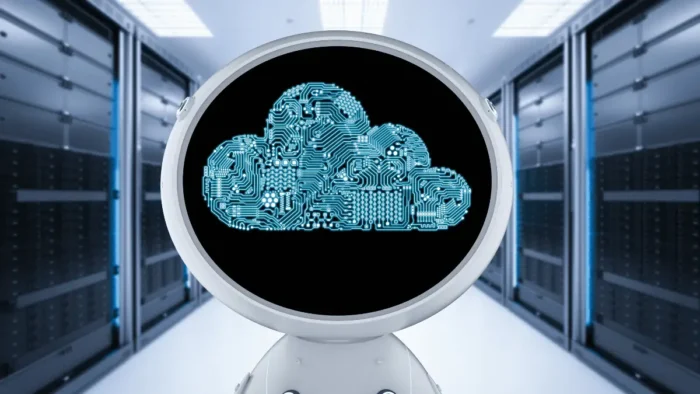With advancements in technology growing at a rapid pace and businesses needing new solutions in an ever-changing market, talk of the ‘cloud’ becomes ever more frequent. The truth is that not many people outside a few specific industries have a good understanding of what cloud computing refers to and might thus not be taking advantage of it.
One example of a specialized cloud service is GCC High, which caters to organizations with specific compliance and security requirements. As the demand for cloud computing grows, businesses must consider the various types of services and solutions available in order to make informed decisions. GCC High, designed primarily for US government contractors, offers advanced security measures and adheres to strict regulatory standards, ensuring that sensitive data remains protected. By understanding these niche offerings, businesses can better assess whether a particular cloud solution aligns with their needs and industry standards, ultimately enhancing their operations and data security.
Here, we’re going to explain exactly what is meant by cloud computing and why businesses need to understand it, alongside some main advantages of hosting data on the cloud.
What is the cloud?
The cloud, or to be more precise: cloud computing, refers to the way data is stored and accessed, that is through a web browser instead of a computer hard drive. In many ways, talk of the ‘cloud’ just refers to the internet and, in fact, a lot of the applications many of us use on a daily basis are cloud-based services; things like email and social media are all typically accessed through the cloud, without the need for installation on any device.
Types of cloud computing
Cloud computing is an umbrella term for a few different types of services; below are some of the main types you’re most likely to encounter. To learn even more about the cloud and cloud hosting, click on this video that explains more about it with some helpful visualizations.
Related: Why do Businesses Use Mainframe Computers?
Public cloud computing:
This type of service is called public because it is sold by a third-party vendor and can thus be accessed by multiple organizations at the same time. They’re often used by businesses due to cost-effectiveness and high levels of security. When choosing this service, you will need to decide between IaaS (Infrastructure-as-a-Service) and SaaS (Software-as-a-Service); IaaS provides hardware, storage, and network systems whilst SaaS is used to access the software through the cloud only.
Private cloud computing:
A private cloud network is typically dedicated to a single organization whereby once a private cloud is created for your business only authorized users will be able to access it. Considering this, private cloud serves are considerably more secure than the already very secure public clouds, but this all comes at a significantly higher cost. Typically, private cloud servers are recommended for companies that have to comply with certain government regulations due to the high levels of customization that are possible with a private server.
Why choose cloud computing?
There are many benefits to any business choosing cloud computing. Reduced IT costs are one of the main advantages as you won’t need to purchase expensive equipment, so things like energy consumption and upgrades will no longer be regular costs to budget for. Scalability tends to be another advantage for businesses – storage needs can be increased or decreased based on usage, when and as needed, without a break in operations. Finally, business continuity planning becomes much easier since all data is stored on the cloud and is thus safe and secure at times of natural disaster, power outages, any other disruptive events.



